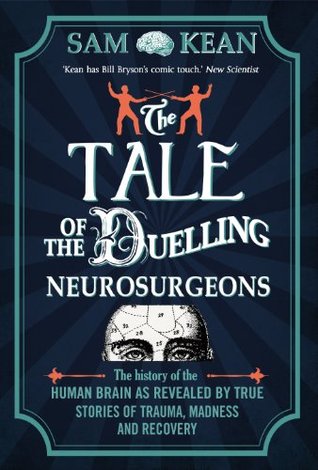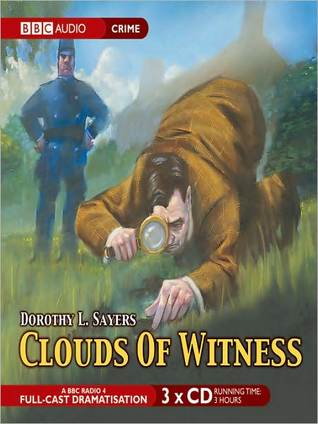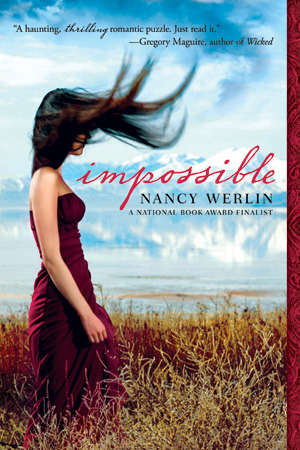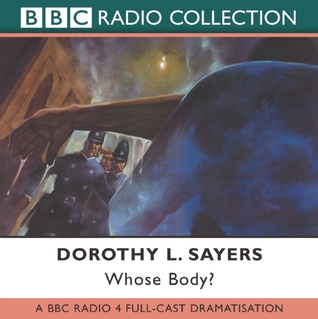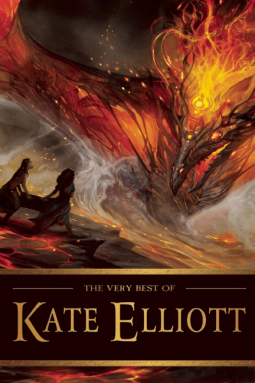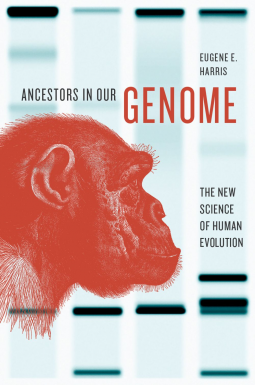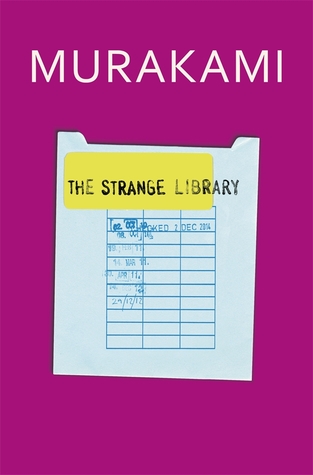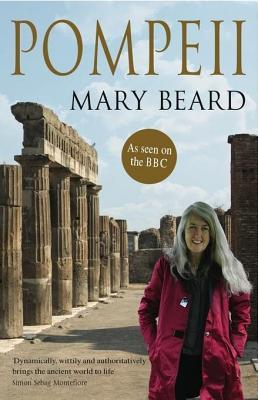 Pompeii: The Life of a Roman Town, Mary Beard
Pompeii: The Life of a Roman Town, Mary Beard
Review from August 7th, 2012
I’ve been meaning to get hold of and read this since my visit to Pompeii last September. I was worried it might be quite dry and spoil the fun, since it’s billed as being very sceptical and as cutting things down to the facts, but I needn’t have worried. It’s an easy enough read despite all the detail, and Mary Beard’s speculations are as interesting as anything she refutes.
I actually recommend you read it before visiting Pompeii, because you’ll have a much clearer understanding of what you’re seeing. (And you won’t need a tour guide, which considering the urban myths they propagate, is all to the good.) It might even be useful to carry around Pompeii with you to help identify and understand some of what you’re seeing — it’s not a guide book, it is a narrative, but if you’ve read it already, you could flip through to refresh your memory on details.
But reading it after a visit to Pompeii works, too, or even if you don’t plan to go to Pompeii at all. Remembering or imagining the hot and dusty streets is easy: Mary Beard is always careful to keep in touch with what Pompeii looks like now (even if that is sometimes disenchanting, for example when she points out that some of the paintings have been totally restored, not always perfectly accurately, by modern work), as well as trying to imagine a time when it was a living town.
Actually, that’s the part I find hardest: imagining Pompeii as a living town. Maybe it’s partially because my memories of Pompeii are often without context: a random house with tumbled-down walls, grass growing in the remains of an oven, the partial remains of mosaics and paintings. I’m not a visual person anyway, so the images of Pompeii that stay in my head are the ones I saw myself. Pompeii is a hushed town, in my mind, with wind and hot sun and pumice sand in your shoes.
Mary Beard does very well at speculating what it might really have been like, nonetheless, and I definitely recommend this if you have any interest in the site.
Rating: 5/5
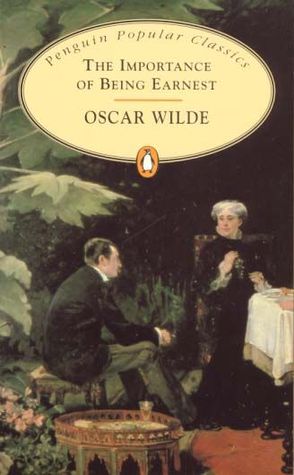 The Importance of Being Earnest, Oscar Wilde
The Importance of Being Earnest, Oscar Wilde
